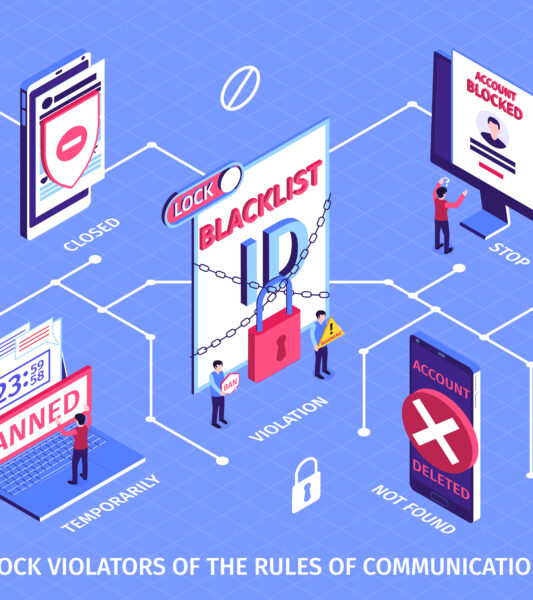Resources
Non-Cooperative Countries or Territories (NCCTs)
In this edition, we will delve into the significance of Non-Cooperative Countries or Territories (NCCTs), its definition,...

Source of Funds (SoF)
In this edition, we will delve into the significance of Source of Funds (SoF), its definition, practical...

Source of Wealth (SoW)
In this edition, we will delve into the significance of Source of Wealth (SoW), its definition, practical...

Watchlist Screening
In this edition, we will explore the significance of watchlist screening, its definition, practical examples, statistics, and...

Compliance Assurance
Compliance assurance refers to the process of ensuring that an organization's policies, procedures, and practices comply with...

Customer Activity Report (CAR)
A Customer Activity Report (CAR) is a critical tool used in anti-money laundering efforts. It provides a...

Money Laundering Vulnerabilities
Money laundering vulnerabilities are weaknesses and loopholes in the financial system that allow illicit funds to be...

Blacklist Check: A Crucial Step in AML Compliance
Blacklist Check is a fundamental process within an AML program that plays a crucial role in mitigating...

Shell Company
It is essential to have a comprehensive understanding of shell companies and their impact on the global...

Cryptocurrency Mixers in AML World
Discover the world of cryptocurrency mixers, also known as tumblers, and their vital role in safeguarding privacy...
